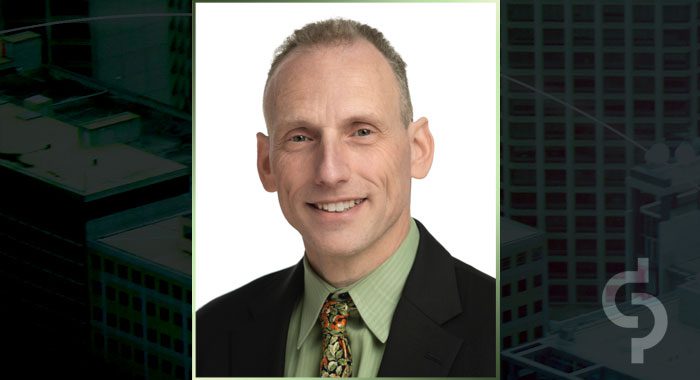Within a week of the initial meeting, the OSC will commence its audit. While the OSC will inform you that the process is a 10 week process, expect it to run more like 4 to 6 months, or longer, depending on what they find. The OSC audits are very comprehensive, will involve a tremendous level of document review, staff interviews, and at times, independent verification. As the OSC will be in your facilities for a long period of time, there are certain things you should do up front to ensure as smooth an audit as possible:
- Identify a contact person who will coordinate all communication with the OSC. This should be a C-level person. All correspondence and communication should be filtered through this individual so that the integrity and accuracy of communication can be maintained
- Choose a location for the OSC auditors to work. Try to find a spot where they can have privacy to do their work, away from the regular office chatter and communication.
- Provide a staff orientation before the auditors arrive. Explain to them what is going on. That this is part of the normal process mandated by the State. Make sure they understand who the contact person is within the company, and have them limit their interaction with and around the auditors. The auditors will be interviewing certain staff members (CEO, COO, CFO, fiscal staff, compliance staff, office staff, potentially clinical staff, etc.). Make sure they are comfortable with the process. Consider performing mock interviews to understand how different staff will react during the interview process. See if you can get the OSC to allow an administrative person in the room during the interviews to take notes. Some agencies have been able to work this out. In any event debrief after interviews to understand what was discussed. You can gain some insight into the direction they are moving in.
- Keep a log of all communication and information provided to the auditors. You should consider having them sign for the information signifying their receipt, or e-mail them a description of what you provided them, so you have proof of delivery.
Remember, there will be a lot of information that you will need to provide the auditors. They will be there for a long time. While they may be friendly, they are there to do a job; identify areas of noncompliance with the CFR and RCM guidelines.

Kenneth R. Cerini, CPA, CFP, FABFA
Managing Partner
Ken is the Managing Partner of Cerini & Associates, LLP and is the executive responsible for the administration of our not-for-profit and educational provider practice groups. In addition to his extensive audit experience, Ken has been directly involved in providing consulting services for nonprofits and educational facilities of all sizes throughout New York State in such areas as cost reporting, financial analysis, Medicaid compliance, government audit representation, rate maximization, board training, budgeting and forecasting, and more.





